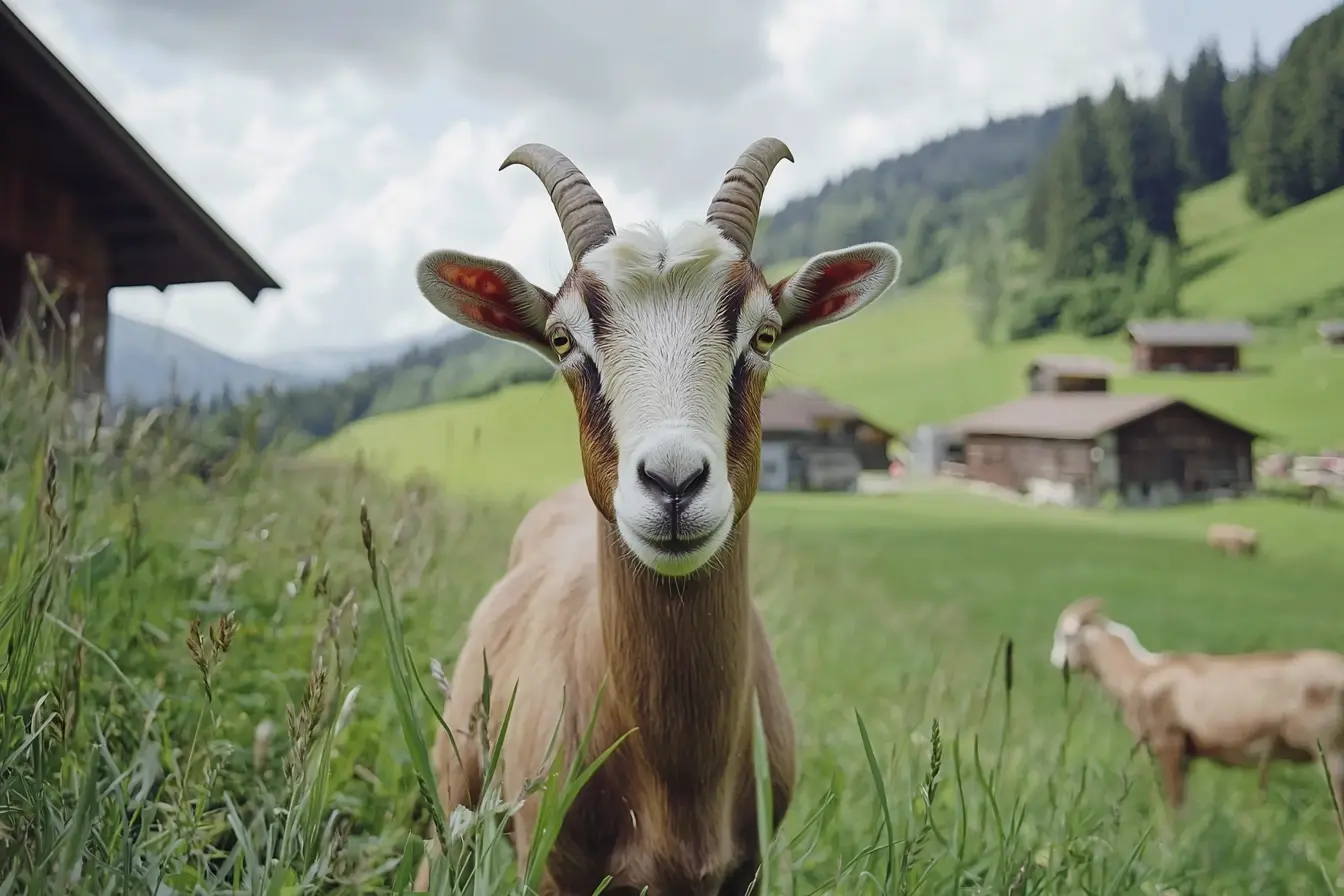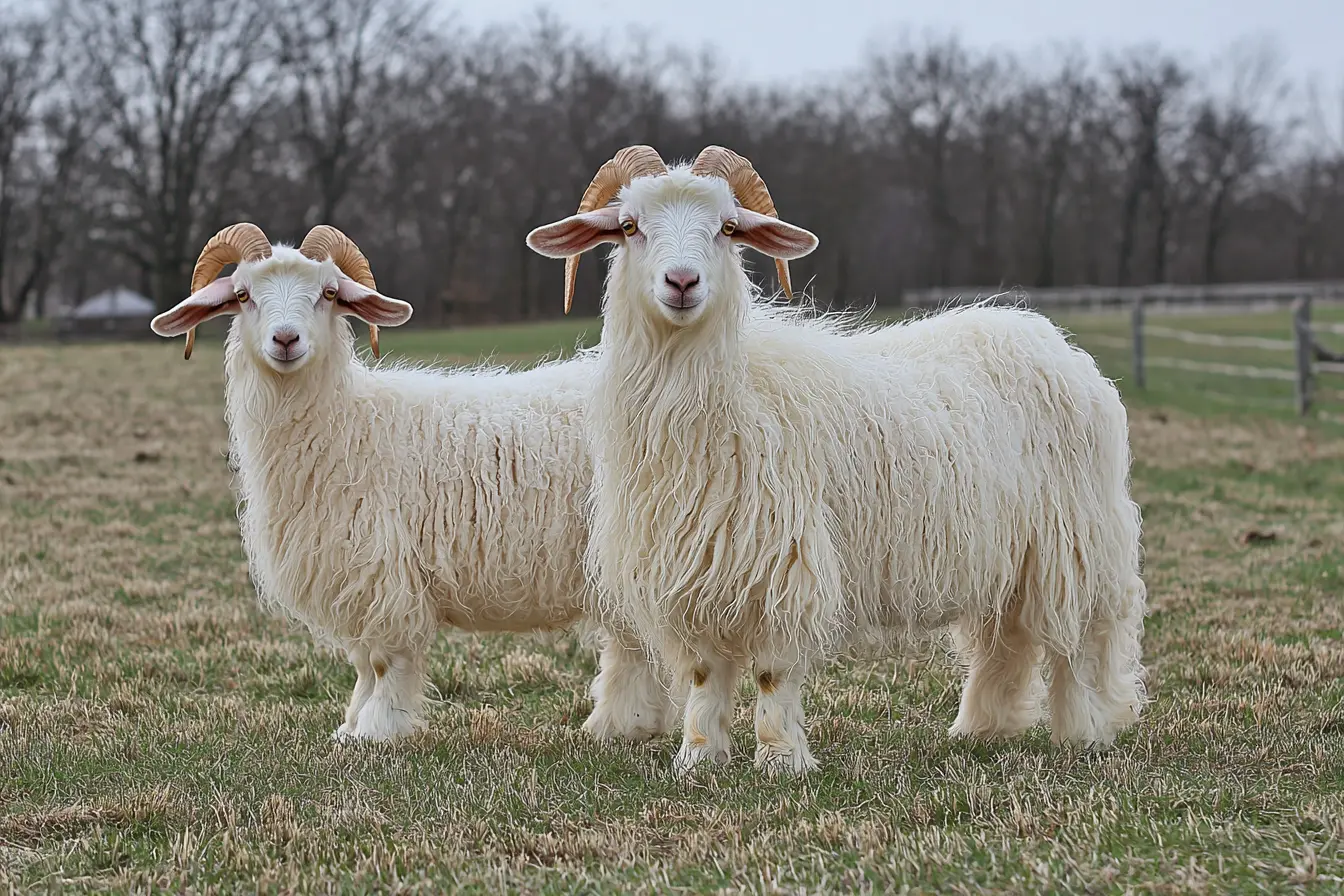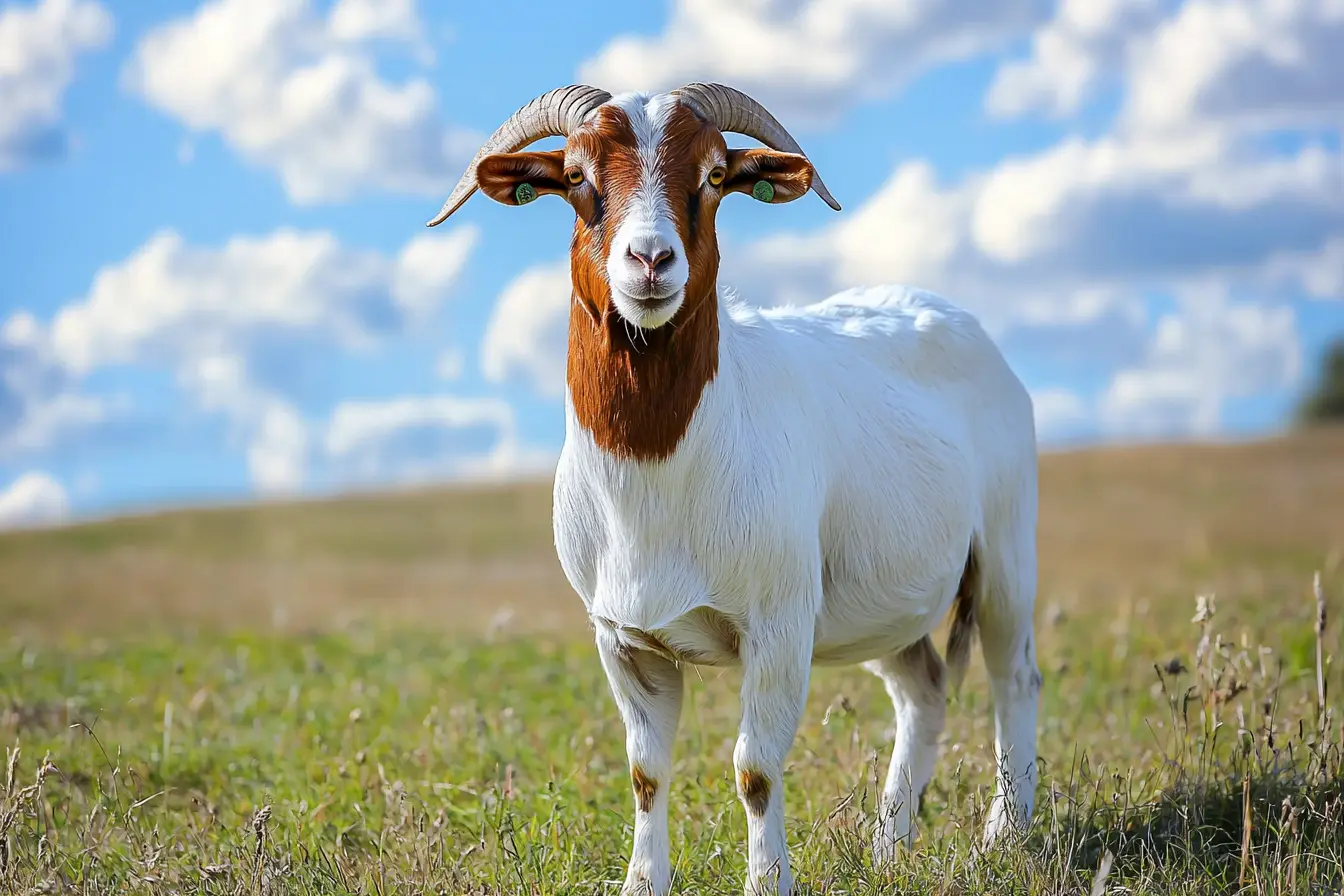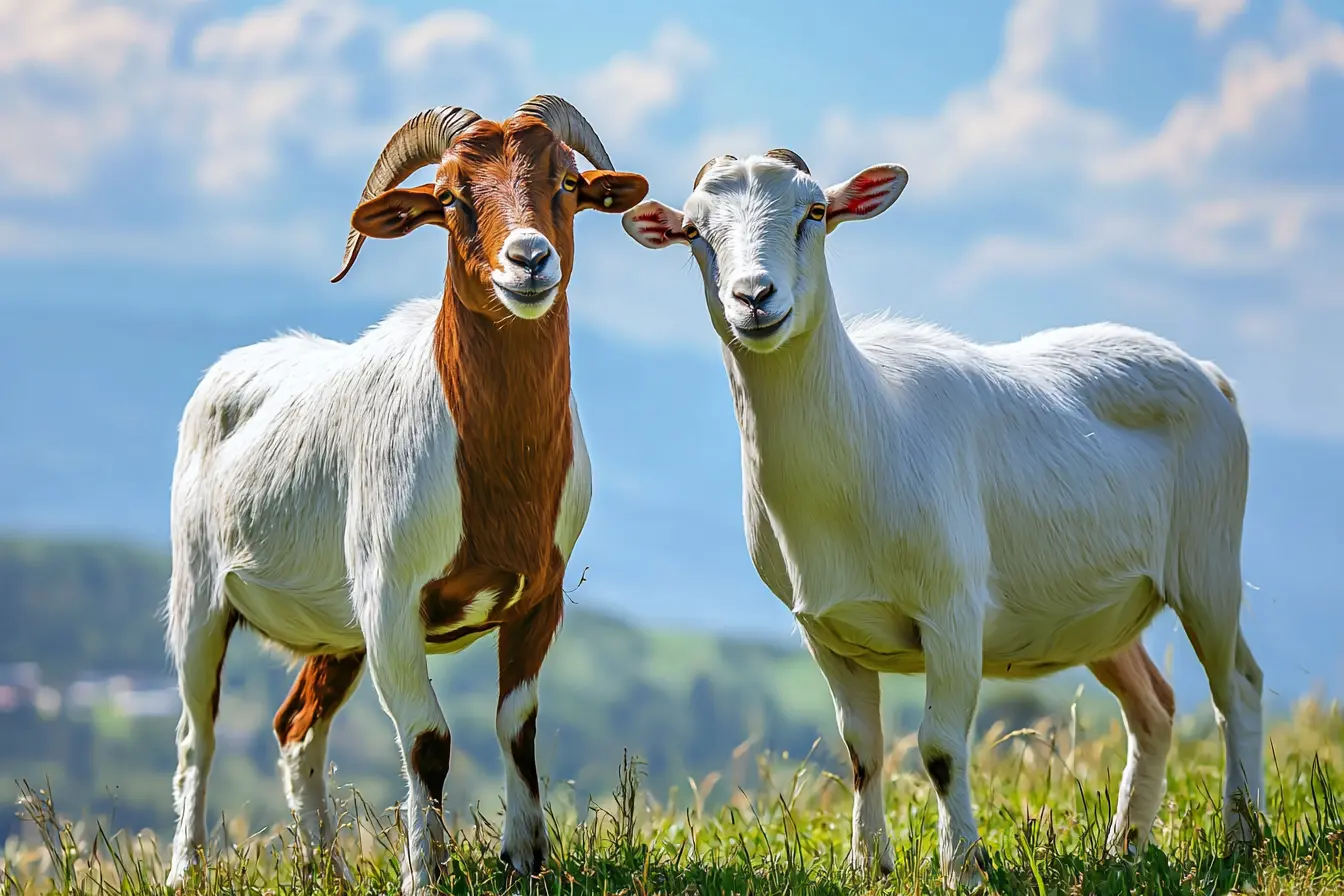
A Comprehensive Guide to Owning Goats in the UK
Owning goats can be an immensely rewarding experience, offering benefits such as fresh milk, meat, and even fibre. Goats are known for their curious and friendly nature, making them a delightful addition to any smallholding or farm. However, goat ownership comes with its own set of responsibilities and requirements. Here's everything a new goat owner in the UK needs to know.
Choosing and Buying Goats
1. Selecting the Right Breed: Different goat breeds serve various purposes. Dairy breeds like Saanen, Toggenburg, and Anglo-Nubian are excellent for milk production, while Boer goats are popular for meat. If you're interested in fibre, consider Angora or Cashmere goats.
2. Sourcing Healthy Goats: Purchase your goats from reputable breeders or livestock markets. Look for goats that are alert, with bright eyes, clean noses, and shiny coats. It's advisable to have a vet examine them before finalising the purchase.
3. Consider Companionship: Goats are social animals and should not be kept alone. Plan to keep at least two goats to ensure they are happy and healthy.
Preparing for Your Goats
1. Housing: Goats need a dry, draught-free shelter. A sturdy shed or barn with good ventilation and bedding such as straw or wood shavings will suffice. Ensure the shelter is predator-proof and provides enough space for the goats to move around comfortably.
2. Fencing: Goats are notorious escape artists, so secure fencing is essential. A high, sturdy fence (at least 4-5 feet) is necessary to keep them contained. Regularly check and maintain the fence to prevent escapes.
3. Grazing and Browsing: Goats are natural browsers and prefer to eat shrubs, leaves, and weeds rather than just grass. Provide a varied pasture with access to a range of plants. They also need access to hay, especially in winter when pasture is limited.
4. Water: Ensure a constant supply of fresh water. Goats need plenty of water, particularly if they are producing milk.
Daily Care and Management
1. Feeding: In addition to grazing, goats require supplementary feed such as hay, grains, and a balanced mineral supplement. Ensure their diet is rich in nutrients to support their health and productivity.
2. Health Care: Regular health checks are crucial. Be vigilant for signs of common goat illnesses such as foot rot, internal parasites, and respiratory infections. Work with a vet to establish a vaccination and deworming schedule.
3. Hoof Trimming: Goat hooves grow continuously and need regular trimming to prevent overgrowth and lameness. Trim hooves every 4-6 weeks, depending on the terrain and rate of growth.
4. Breeding: If you plan to breed goats, understand the breeding cycle and the care required for pregnant does and kids. Ensure kids receive colostrum shortly after birth for immunity.
5. Milking: If you have dairy goats, establish a regular milking routine. Cleanliness is paramount to prevent mastitis and ensure the quality of the milk.
Legal and Regulatory Considerations
1. Animal Welfare Act 2006: Comply with the Animal Welfare Act, ensuring your goats have proper living conditions, diet, and medical care.
2. Registration and Identification: Goats must be identified with an official ear tag and registered with the Department for Environment, Food & Rural Affairs (DEFRA). Maintain accurate records of your herd.
3. Movement Records: Any movement of goats, whether to a market, another farm, or a show, must be recorded and reported to DEFRA. This helps track and control the spread of diseases.
4. Biosecurity: Implement biosecurity measures to minimise disease risk. This includes controlling farm access, quarantining new or sick animals, and maintaining clean feeding and watering equipment.
Enjoying Goat Ownership
1. Milk Production: Dairy goats can provide a regular supply of fresh milk. You can use the milk for drinking, making cheese, yoghurt, and other dairy products. Understand and comply with regulations if you plan to sell milk or dairy products.
2. Meat Production: For meat goats, learn the process of raising, butchering, and selling goat meat. Local markets and direct sales can be excellent outlets.
3. Fibre Production: If you have fibre goats, shear them regularly and process the fibre for sale or personal use. Angora and Cashmere fibres are highly valued for their softness and warmth.
4. Agritourism and Community Engagement: Consider opening your farm to visitors. Goat yoga, farm tours, and educational workshops are becoming popular and can provide additional income. Join local and national goat farming groups for support, resources, and networking opportunities.
Owning goats can be a delightful and profitable venture, blending the joy of working with these inquisitive animals with the potential for diverse agricultural products. By following these guidelines and committing to their care, you'll ensure a successful and enjoyable goat farming experience. Happy goating!
Vets near you
Speciality vets
- Aquatics vet specialists
- Birds vet specialists
- Camelids vet specialists
- Cats vet specialists
- Cattle vet specialists
- Deer vet specialists
- Dogs vet specialists
- Equines vet specialists
- Exotic vet specialists
- Goats vet specialists
- Pigs vet specialists
- Poultry vet specialists
- Sheep vet specialists
- Small Mammals vet specialists
- Wild vet specialists
Vet facilities
- Accessible by public transport
- Blood testing
- Car park nearby
- Client car park
- Dentistry
- Diagnostic imaging
- Disabled public access
- Flea and worm treatments
- Microchipping
- Mobile services
- Neutering
- Open at weekends
- Out-of-hours service
- Referral interests
- Referrals only
- Street parking outside
- Toilets available
- Vaccinations



